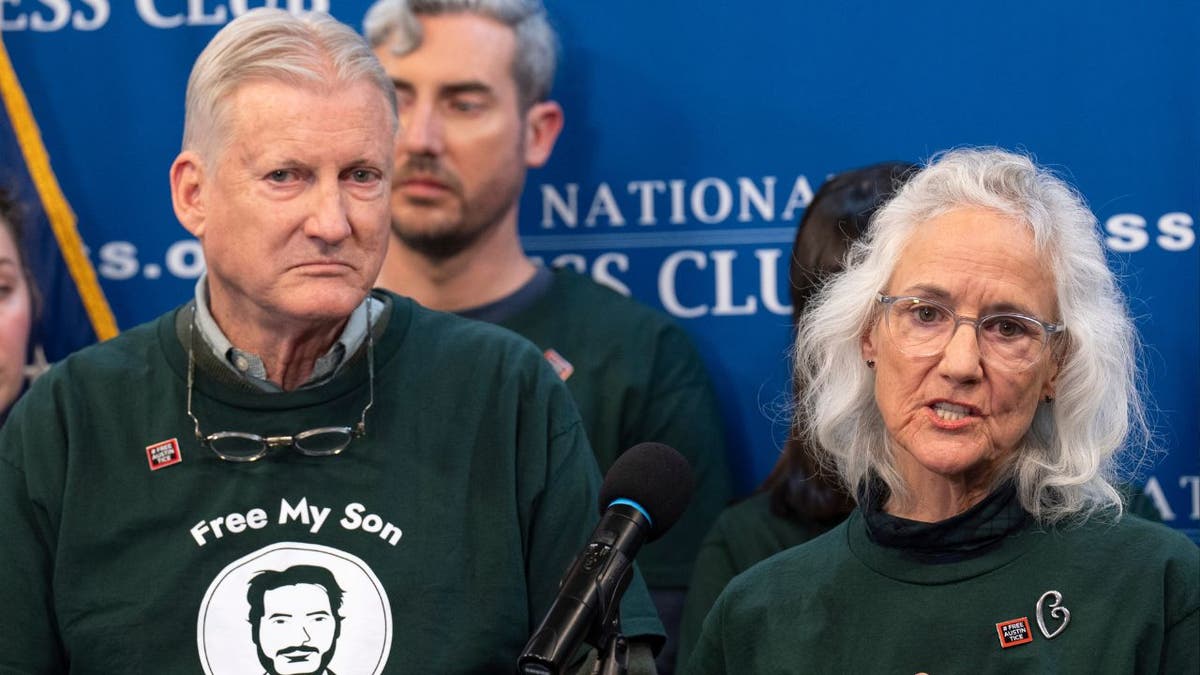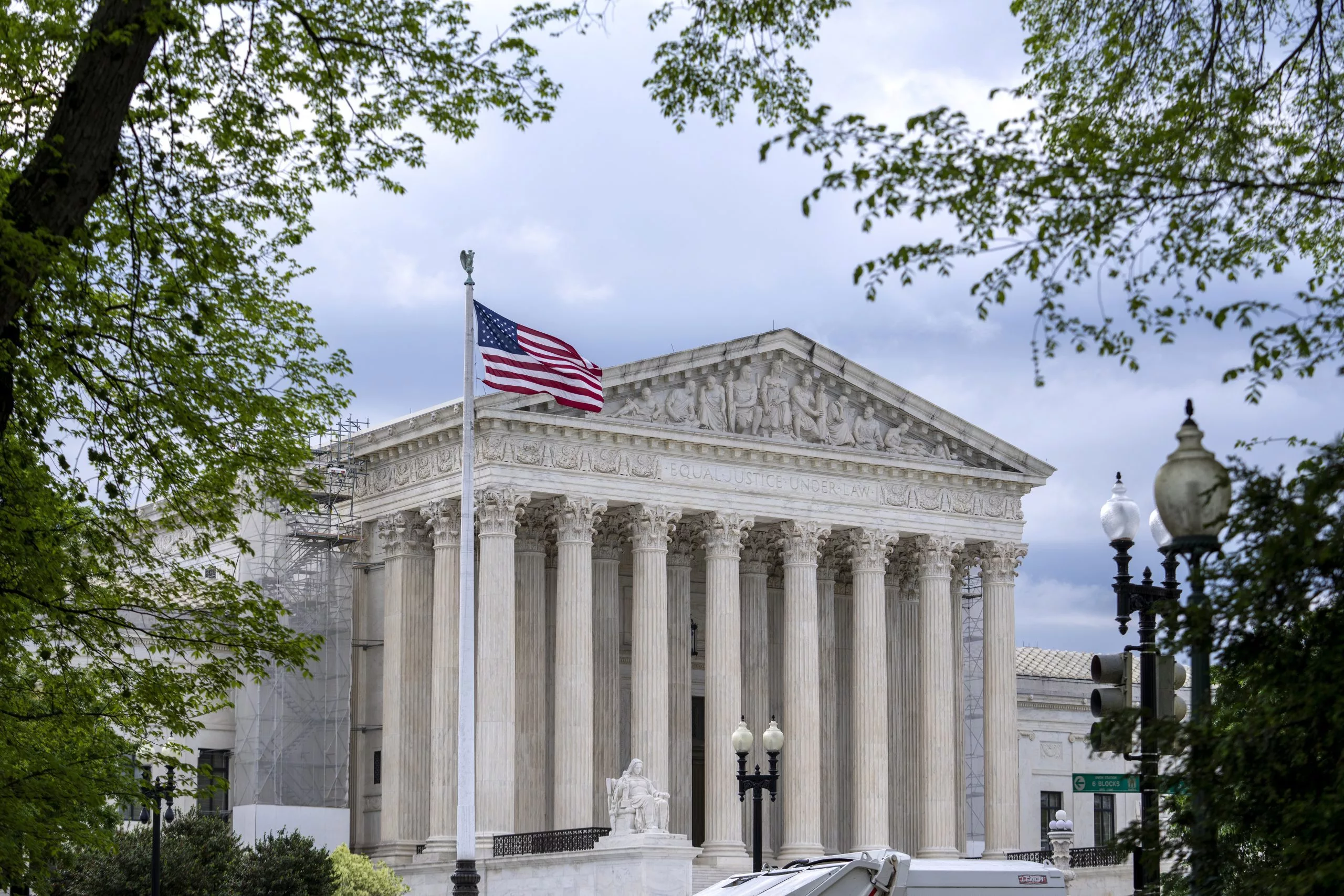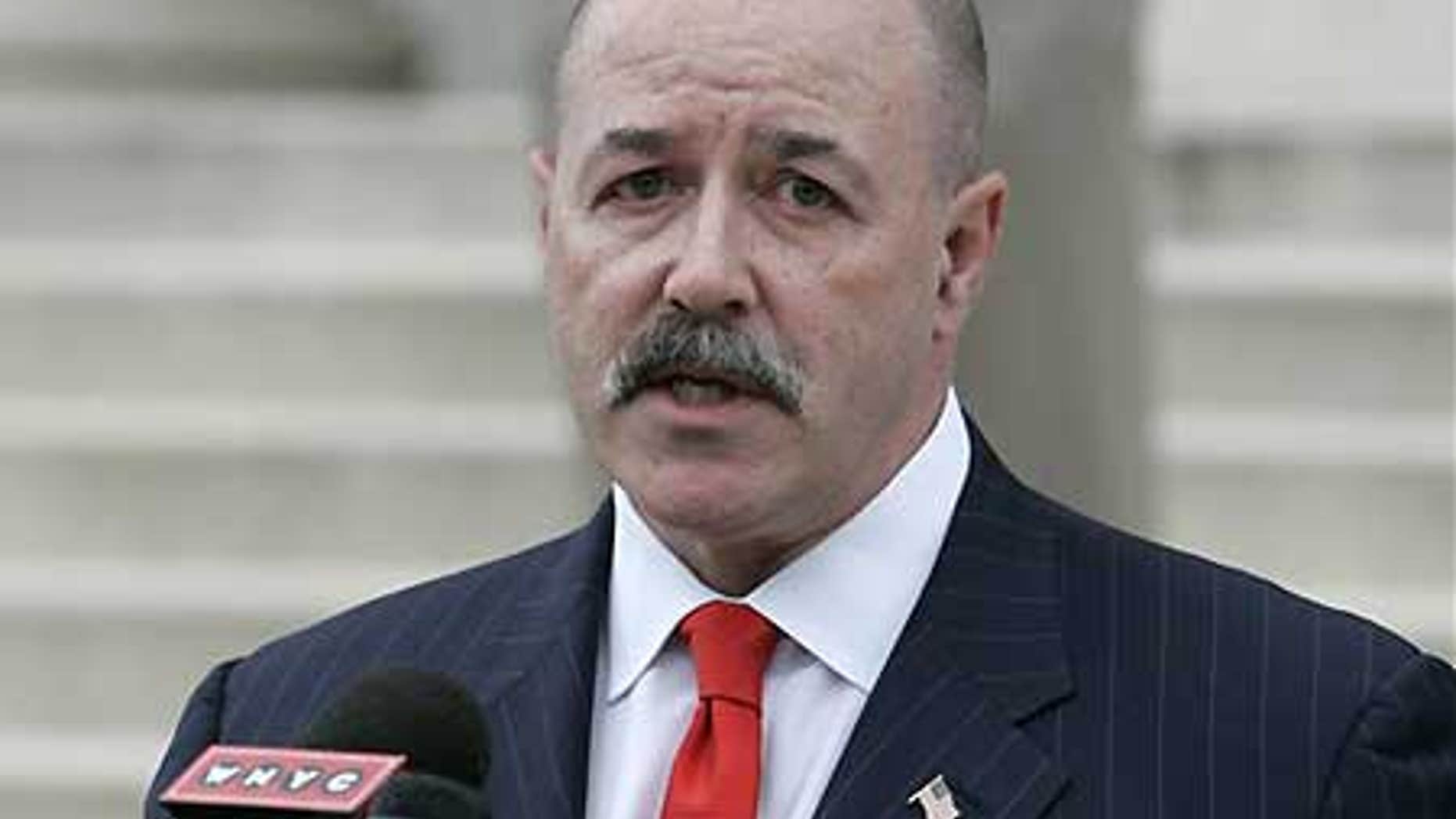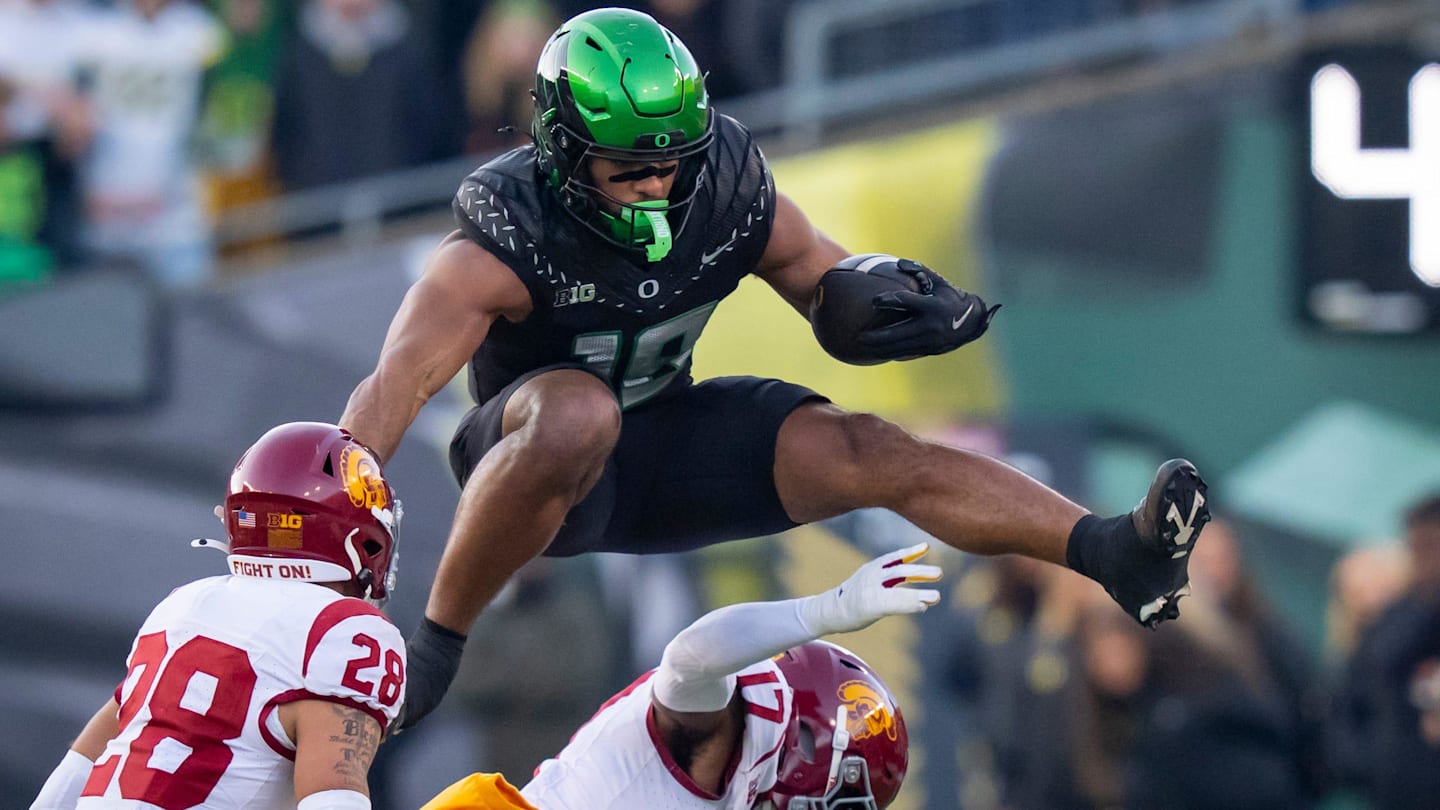The Impact of Legalized Gambling on the NBA

The Impact of Legalized Gambling on the NBA: The Malik Beasley Investigation
The NBA is no stranger to controversy, and the latest scandal to make headlines involves Minnesota Timberwolves player Malik Beasley. The Federal Bureau of Investigation (FBI) has launched an investigation into Beasley's involvement in illegal gambling, causing a stir in the sports world. This case sheds light on the unintended consequences of the widespread legalization of gambling in the United States.
A Nervous Start for the Thunder
The NBA's decision to legalize sports betting has led to a surge in gambling activities, with fans and athletes alike participating in wagering on games. This has caused a ripple effect in the league, leading to increased pressure and scrutiny for players. In the Western Conference Finals, the Oklahoma City Thunder had a shaky start due to the nerves and distractions caused by the intense gambling culture surrounding the NBA.
The Rise of the Small-Market Teams
One of the biggest challenges brought about by the legalization of sports betting is the uneven playing field for small-market teams like the Thunder. In a league dominated by glamorous, big-city teams, the Thunder have managed to thrive despite being located in the middle of "flyover country." However, the pressure to perform in an environment where gambling is rampant can be overwhelming for these smaller teams.
The Uncertainty of the Situation
The NBA's decision to legalize gambling has also brought about uncertainty in contract negotiations for players like Malik Beasley. The shooting guard was in talks to return to the Detroit Pistons on a new contract, but the investigation has put a pause on those discussions. This uncertainty has not only affected Beasley's career but also the team he was set to join.
Conclusion
The NBA's decision to legalize gambling has had its fair share of consequences, and the Malik Beasley investigation is just one example. As the league continues to navigate the ever-changing landscape of sports betting, it is crucial for teams, players, and fans to be aware of the potential pitfalls and challenges that come with it. With the FBI now involved, it remains to be seen how this case will unfold and what impact it will have on the NBA and its players.
About the People Mentioned
Malik Beasley
Malik JonMikal Beasley (born November 26, 1996) is an American professional basketball player currently with the Detroit Pistons in the NBA. A shooting guard known for his scoring and three-point shooting, Beasley played college basketball at Florida State University, where he had a standout freshman season in 2015-16. He averaged 15.6 points and 5.3 rebounds per game, earning All-ACC Freshman Team and Freshman All-American honors before declaring for the NBA Draft after one year[2][3]. Beasley was selected 19th overall in the 2016 NBA Draft by the Denver Nuggets. Early in his career, he saw limited minutes and was occasionally assigned to the G-League but gradually increased his production, averaging over 11 points per game in his third season. In February 2020, he was traded to the Minnesota Timberwolves, where he enjoyed the most productive stretch of his career, averaging nearly 20 points per game over 51 games[1][2]. After stints with the Timberwolves and Milwaukee Bucks, Beasley joined the Detroit Pistons for the 2024-2025 season. He set a Pistons single-season record for three-pointers made (319) while shooting a career-high 41.6% from beyond the arc. In the 2024-25 playoffs, he contributed significantly, averaging 14 points per game in the first-round series[4]. Off the court, Beasley was subject to an NBA gambling investigation in 2024, though he was eventually cleared as no longer a target of the inquiry[7]. He is recognized for his sharpshooting ability and continues to be a relevant scoring option in the league. At 6'4" and 187 pounds, Beasley combines athleticism with shooting efficiency, maintaining a solid role as a scoring guard in the NBA[5][6].
About the Organizations Mentioned
FBI
The Federal Bureau of Investigation (FBI) is a premier law enforcement agency in the United States, renowned for its role in protecting the nation from domestic and international threats. Founded on July 26, 1908, as the Bureau of Investigation, it was initially tasked with addressing land fraud and corporate malfeasance under President Theodore Roosevelt[1][2]. Over time, its mandate expanded significantly, particularly with the passage of the Mann Act in 1910, which allowed federal jurisdiction over certain moral offenses[1][4]. ### History and Evolution The FBI underwent significant transformation under J. Edgar Hoover, who became its director in 1924. Hoover implemented strict hiring standards and enhanced operational capabilities, transforming the agency into a robust investigative force[1][4]. The FBI's name was officially changed to the Federal Bureau of Investigation in 1935[5][6]. Throughout its history, the FBI has faced challenges, including concerns about potential abuses of power, but it has consistently demonstrated its value in national security and law enforcement[3][4]. ### Key Achievements The FBI has been instrumental in combating various crimes, including white-collar offenses, civil rights violations, and national security threats. Notable achievements include its role in enforcing the Espionage Act during World War I and its investigations into organized crime throughout the 20th century[2][4]. ### Current Status Today, the FBI is a sophisticated agency with over 37,100 employees, including special agents and professionals in various fields such as intelligence analysis and cybersecurity[5]. It operates in 55 field offices across the U.S. and has an international presence in 81 nations[5]. The FBI continues to evolve, addressing emerging threats like cybercrime and terrorism while maintaining its commitment to justice and integrity. ### Notable Aspects The FBI is known for its rigorous training programs at the FBI Academy in Quantico, Virginia, and its advanced forensic capabilities at the FBI Laboratory. Its work in business and technology includes
Minnesota Timberwolves
## Organization Overview The Minnesota Timberwolves are a professional basketball team based in Minneapolis, Minnesota, competing in the National Basketball Association (NBA). The organization is primarily focused on fielding a competitive team, engaging fans, and contributing to the community through sports and entertainment. As an NBA franchise, the Timberwolves generate revenue through ticket sales, merchandising, sponsorships, and media rights, while also operating with a business model that emphasizes fan experience, digital engagement, and brand development. ## History Founded in 1989, the Timberwolves joined the NBA as an expansion team, quickly becoming a fixture in Minnesota sports culture. Early years were marked by struggles, but the franchise experienced its first sustained period of success in the late 1990s and early 2000s, led by superstar Kevin Garnett. However, after trading Garnett in 2007, the team endured a prolonged playoff drought, only returning to postseason contention in the 2021–22 season[3]. ## Key Achievements The Timberwolves’ most notable achievement is their 2004 run to the Western Conference Finals, a feat not repeated until the 2023–24 season, when the team returned to the conference finals after a dramatic playoff run[1][3]. In the 2024 playoffs, Minnesota swept the Phoenix Suns in the first round—their first playoff series win in two decades and the first sweep in Minnesota men’s pro sports history[1]. The team then upset the defending champion Denver Nuggets in a thrilling seven-game series before falling to the Dallas Mavericks in the conference finals[1][3]. Individually, the rise of Anthony Edwards has been a franchise highlight, with his playoff performances drawing comparisons to NBA legends and signaling a new era for the team[1]. The acquisition of defensive stalwart Rudy Gobert and the continued excellence of Karl-Anthony Towns further bolstered the team’s competitiveness[3]. ## Current
Oklahoma City Thunder
The **Oklahoma City Thunder** are a professional basketball team competing in the NBA's Western Conference, with origins dating back to 1967 when they were established as the Seattle SuperSonics. The franchise won its only NBA championship in 1979 while based in Seattle. In 2008, the team relocated to Oklahoma City due to financial and arena issues, rebranding as the Thunder and marking a new era for the organization[1]. In Oklahoma City, the Thunder quickly became a competitive force, featuring stars such as Kevin Durant, Russell Westbrook, and James Harden. This trio led the team to the 2012 NBA Finals, a highlight in the franchise's modern history. Although Harden left after the 2012 playoffs and Durant departed following the 2015–2016 season to join the Golden State Warriors, the Thunder remained competitive, reaching the Western Conference Finals in 2014 and 2016 and maintaining playoff appearances through 2019 despite key player departures[1]. Currently, the Thunder are undergoing a rebuilding phase centered around young talent. The 2025-26 season shows promise with a strong start (3-0 record) and emerging stars like Shai Gilgeous-Alexander and rookie Chet Holmgren, whose recent performances have energized the team and fans alike. They play their home games at the Chesapeake Energy Arena in Oklahoma City, with a dedicated fanbase that reflects the city's growing sports culture[1][2][3]. From a business and technology perspective, the Thunder represent a successful franchise relocation and rebranding case, leveraging local market engagement and youth development to remain competitive. Their strategic focus on drafting and player development aligns with broader NBA trends emphasizing analytics and long-term growth. The team’s active presence in digital media and fan engagement platforms further demonstrates their integration of technology in sports entertainment[1][2].
Detroit Pistons
The **Detroit Pistons** are a professional basketball team based in Detroit, Michigan, competing in the NBA’s Eastern Conference Central Division. Founded in 1941, the franchise has a rich history marked by periods of significant success and transformation. Known for their gritty playing style and strong defensive teams, the Pistons earned the nickname "The Bad Boys" during the late 1980s and early 1990s, when they won back-to-back NBA championships in 1989 and 1990. They added a third title in 2004 with a team celebrated for its balanced and disciplined play. Operating out of Midtown Detroit, their home since 2017, the Pistons have evolved both on and off the court. The 2025–26 season marks their 85th franchise season and their ninth in this location. In the previous 2024–25 season, the Pistons posted a 44–38 record, the best since 2016, and secured their first playoff win since 2008, although they were eliminated in the first round by the New York Knicks[2]. This recent performance indicates a positive trajectory after years of rebuilding. The team’s current roster blends young talent and veteran presence, featuring notable players such as Cade Cunningham, a high-impact point guard, and Tobias Harris, a seasoned forward, with salaries reflecting their pivotal roles[3][4]. The Pistons focus on developing emerging players through drafts and strategic acquisitions, aiming to return to playoff contention consistently. From a business and technology perspective, the Pistons represent a significant sports franchise with a workforce of 201-500 employees, contributing to Detroit’s economic and cultural landscape[6]. Their integration of analytics and sports science reflects broader NBA trends in technology-driven performance optimization. In summary, the Detroit Pistons combine a storied legacy with modern rebuilding efforts, striving to regain competitive excellence while embracing innovations in sports management and technology.
















